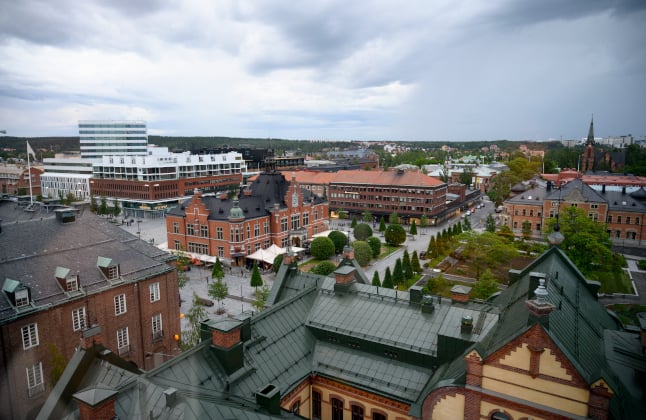The prosecution had demanded five years in prison and fines of 10 million kronor ($1.38 million) for aggravated accounting fraud, alleging that the man’s company traded several billion kronor without accounting for the transfers and paying taxes on the income.
“I cannot think of anything else than that it is a very positive ruling which agrees largely with the defence’s objections,” said the man’s lawyer, Leif Silbersky, who is known for taking on high-profile cases.
The man is still under investigation by the Swedish Security Service (Säpo), over allegations of breaking trade sanctions against Iran. Säpo has questioned the man, but the investigation is still under way and no charges have been filed yet.
Sanctions apply to certain goods for both civilian and military use. These can include those for weapons, as well as technical equipment used in Iran’s nuclear program.
Ronnie Jacobsson, the prosecutor on the security case working with Säpo’s investigation, said he is surprised at the mild punishment given the prosecutor’s demands.
“We will wait for the verdict first, but I do not think it affects our continuing investigation,” said Ronnie Jacobsson.
The man was questioned by Säpo at one point and Jacobsson expects further questioning. According to Jacobsson, Säpo has exchanged information with another country regarding the case.
“The district court has actually written a lot about this in the appeal,” said Silbersky. “It says that there is nothing to suggest that he fraternises with the Iranian government. The court accepts what he says about the profit he has made from his businesses, “said Silbersky.


 Please whitelist us to continue reading.
Please whitelist us to continue reading.
Member comments